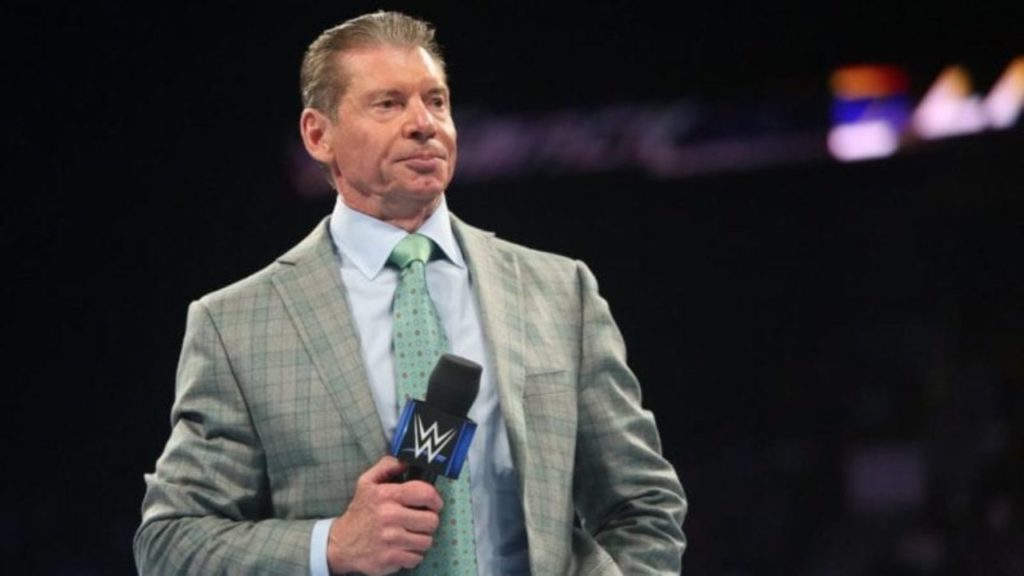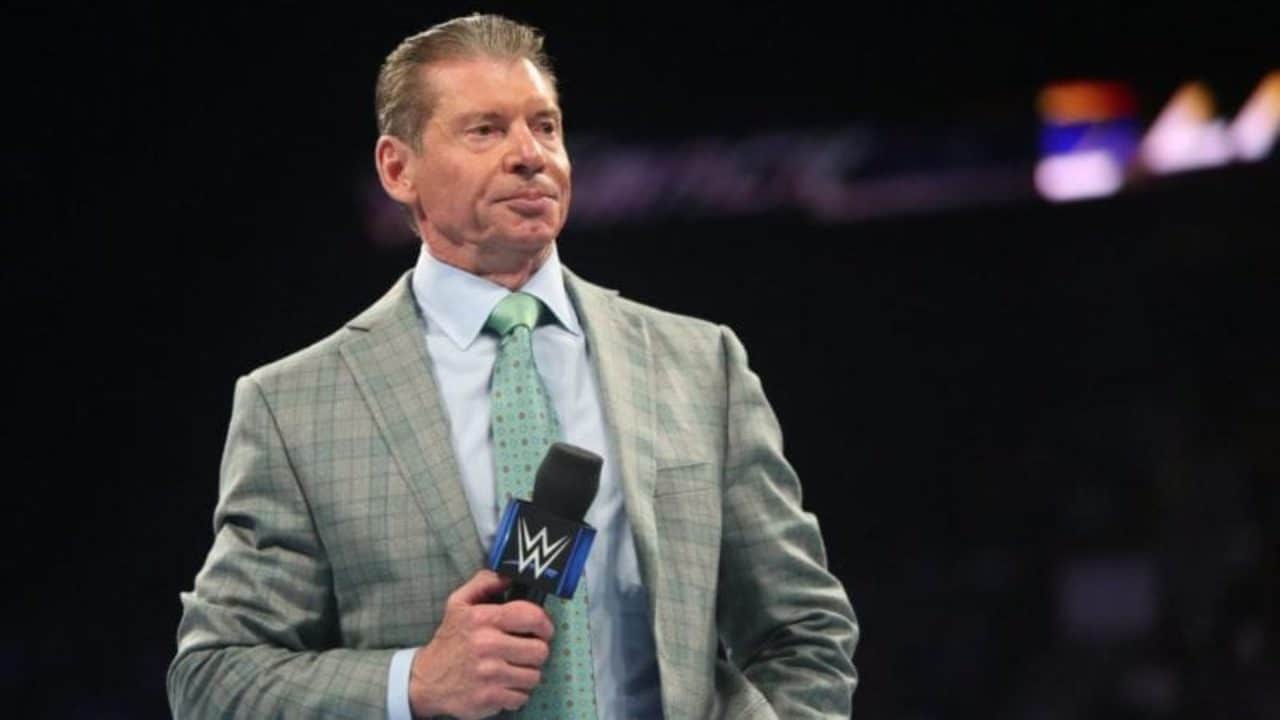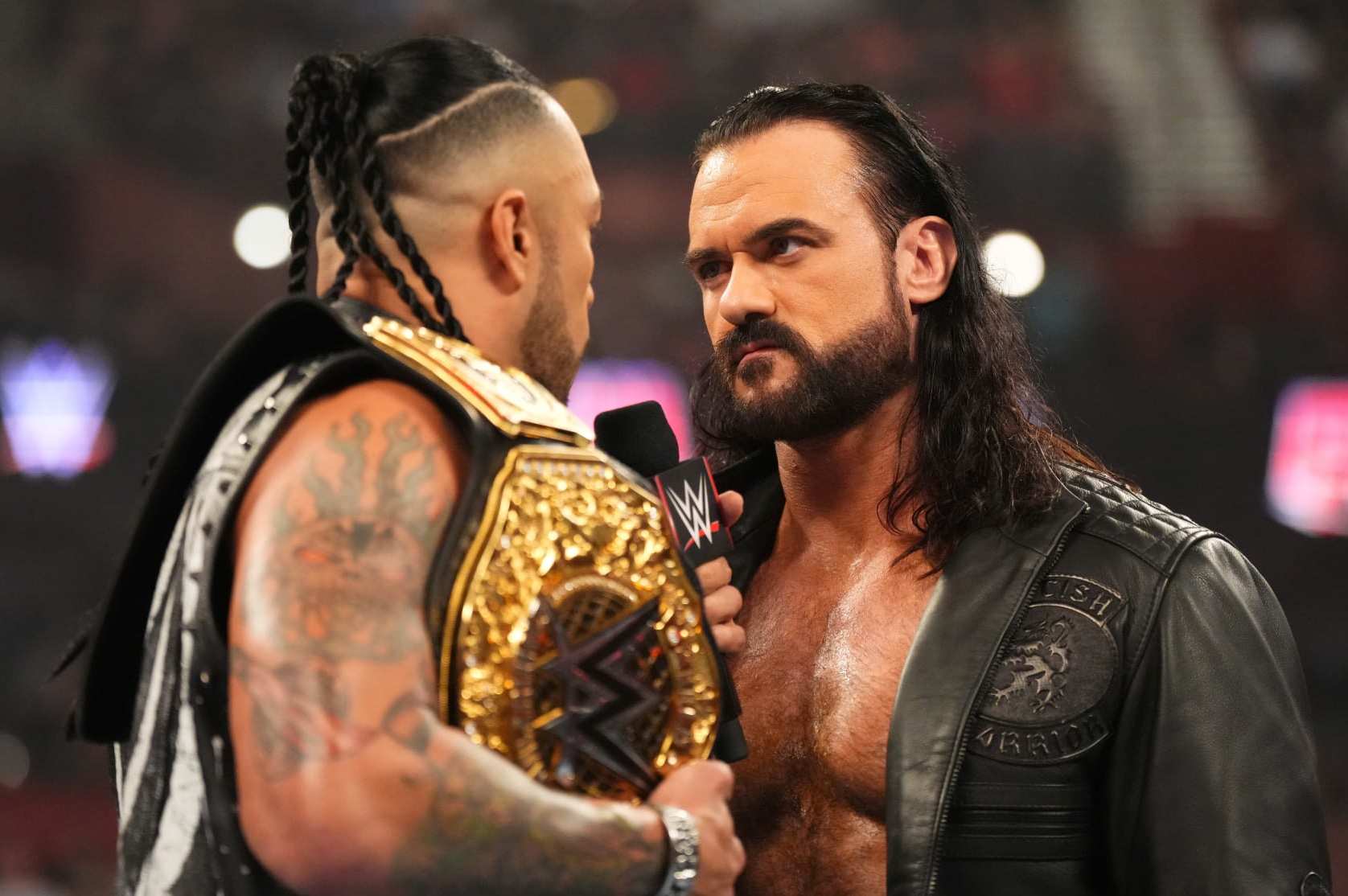Today in sports history (1989), Vince McMahon and the then-WWF had to admit they were not a sport in order to try and avoid state and commission regulations. This was a big-time shift in thought process for a company that had been trying hard to establish itself alongside the rest of the biggest sports organizations in the country.
WWF Avoids Regulations
As a big wrestling fan myself, it sort of pains me to write this article because people are going to read it and interrupt it as WWF/WWE admitting they are “fake.” While a deep dive as to why the word fake and professional wrestling never belong together is for another article, I can tell you that is not what they meant here.
They were, however, faced with a choice; do we want to try and keep up the claim we are a sport on the same level as the NFL, NBA, MLB etc. or do we admit we are not a sport and avoid all sorts of varying state regulations and possible testing laws and restrictions to the product?

Vince McMahon Chooses Control Over Status
Ultimately, and to no surprise, Vince McMahon decided to admit something small in order to maintain complete control of his company, their athletes, what their shows can consist of, what they are allowed to put on television and so much more.
While this was a big thing to admit at the time, WWF would eventually turn to WWE and embrace the “entertainment” factor that their product provided.
Since that court case in 1989, the WWE has pretty much had free reign over whatever they chose to do. And unlike boxing, MMA, or other commissioned sports, they set their own rules, operate under their own guidelines, and dole out their own punishments as they see fit.
As a company owned by Vince McMahon, I couldn’t see it going any other way.
Follow us on all of our social channels! Check out our Twitter, Facebook, YouTube and TikTok for more great FlurrySports content.





